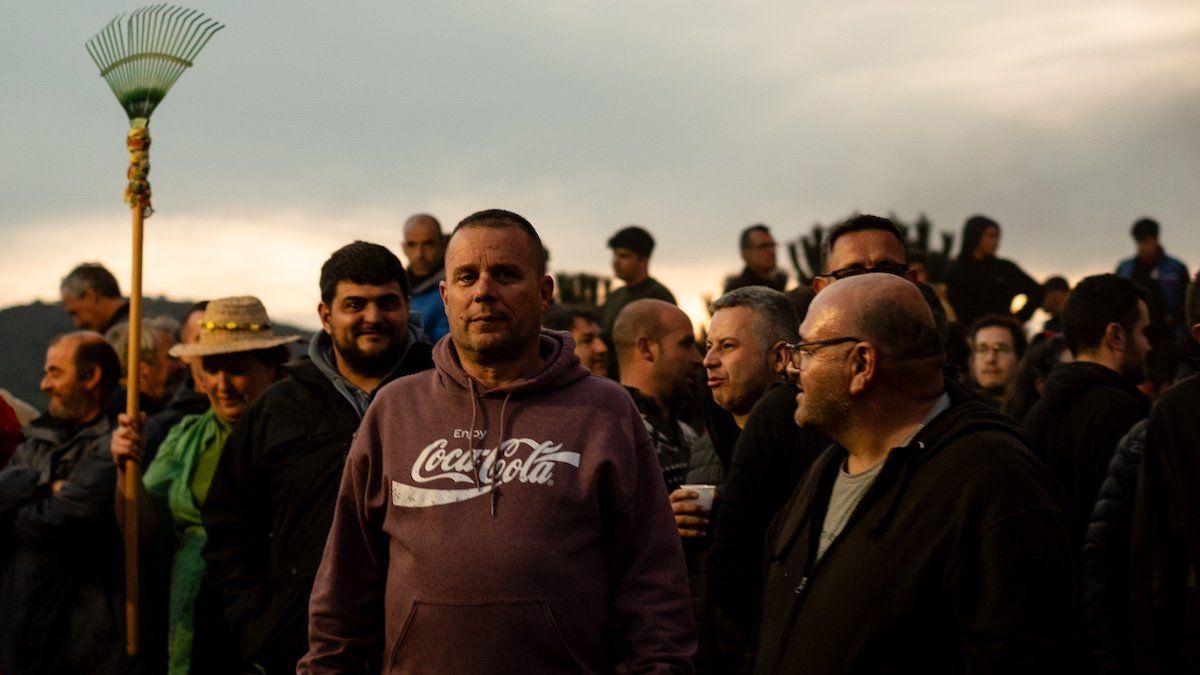On Tuesday, the European Commission scrapped a plan to limit pesticide use and excluded agriculture from its roadmap to cut greenhouse gasses as the ruling coalition attempts to quell bloc-wide protests by farmers.
The concessions follow pledges last week to reduce the burden of environmental policy on farmers after protests erupted in France, Belgium, Germany, and other countries last month. Farmers say they can’t get a decent price for their produce thanks to strict environmental regulations, competition from cheap Ukrainian imports, and insufficient government support.
The EU did limit Ukrainian imports last week and loosened rules on how much land farmers have to leave fallow, but no dice. The protests only grew with farmers in Italy, Spain, Bulgaria, and Greece all turning out on Monday and Tuesday.
Why is Brussels being flexible? European parliamentary elections are looming in June, and the ruling centrist coalition is sweating the populist surge on the continent.
Knowing they need to keep farmers on their side to retain power, European Commission President Ursula von der Leyen pledged last week to rethink a series of climate-related laws.